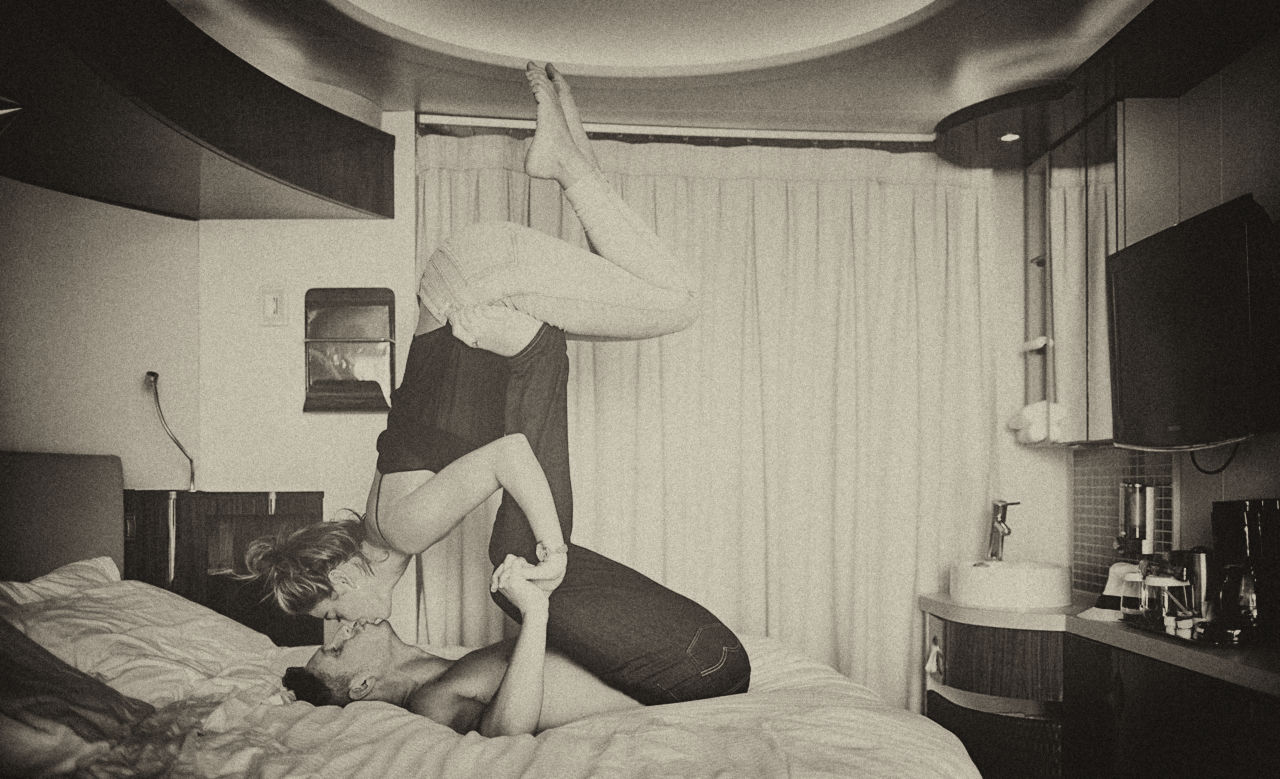Have you ever found yourself in a situation where it feels like the other person expects you to have some kind of magical mind-reading ability? They assume that if you truly care about them, you should automatically know their feelings and needs without them even saying a word.
The thing is, when we keep our expectations to ourselves and don’t communicate them clearly, we set ourselves up for misunderstandings and letdowns. It’s like holding onto these secret hopes and getting frustrated when they aren’t met, even though we never really gave the other person a chance to understand what we wanted in the first place.
Expressing our needs and desires involves being emotionally vulnerable, and that can be tough. If we haven’t experienced true intimacy before, we tend to protect ourselves in situations that demand vulnerability and openness. We might fear rejection or have past experiences that make us hesitate to open up, even though we really crave understanding and support from our loved ones.

Image: Frédéric BISSON, CC BY 2.0
We’ve all experienced that fear of vulnerability at some point in our lives. It’s that deep-seated emotion that makes us hesitant to express our feelings and needs openly. When we’re vulnerable, it feels like we’re baring our souls, sharing our innermost thoughts and emotions with someone else. It’s like taking a leap of faith, not knowing whether we’ll be met with acceptance or rejection.
For some of us, this fear comes from past experiences that left us wounded and wary. We might have been hurt, rejected, or betrayed in the past, making us hesitant to open up again. We’re afraid of reliving those painful moments, so we choose to keep our feelings hidden as a protective shield.
There are also times when we doubt our own self-worth, questioning whether we’re deserving of love and support. This self-doubt can make us feel vulnerable because we fear that if we express our true feelings and needs, others might see us as weak or undeserving.
And the fear of abandonment – it’s a powerful force that drives some of us to keep our emotions tightly guarded. We worry that if we reveal our true selves, it might push others away, leaving us feeling even more isolated.

It’s not just the fear of others’ judgment that holds us back; it’s also our own self-criticism. We tend to be our harshest critics, fearing that if we show vulnerability, we’ll be met with self-judgment and harsh scrutiny.
Sometimes, it’s all about finding a safe space to express ourselves. We yearn for emotional safety, a place where we can share our feelings without fear of judgment or rejection. Trusting others with our vulnerability requires a sense of security that we won’t be harmed for being honest about our emotions.
Society plays a role too – it often portrays vulnerability as a weakness, making us believe we should be strong and self-sufficient at all times. But in reality, vulnerability is a natural aspect of being human, and it doesn’t make us weak; it makes us human.
So, overcoming this fear of vulnerability is a gradual process, unique to each one of us. It’s about understanding the root causes of our fears, reflecting on past experiences, and challenging any negative beliefs we might hold. It’s finding safe spaces and supportive people with whom we can be our true selves.
Most importantly, it’s about being compassionate with ourselves, knowing that being vulnerable takes courage. It’s okay to have emotional needs, and it’s okay to share them with others. It’s all part of forming deeper connections and fostering more meaningful relationships.
The fear of rejection plays a significant role in all of this. We worry that if we honestly express ourselves, we might end up facing rejection or disappointment if the other person doesn’t respond as we hope. So, as a way of protecting ourselves from potential hurt, we might just keep our desires hidden away.
It's all about finding that courage to be authentic and transparent with each other.
And let’s be honest, effectively communicating our needs can be quite a challenge, especially when we haven’t really learned how to do it properly. It’s not just about finding the right words, but also being aware of our emotions and needs in the first place. Sometimes we might not even know what we feel or what we want, or we only realize it much later. Or we stumble and struggle to find a way to say things, or we worry about being judged for what we truly want.
Embracing vulnerability and being open about our feelings, courageously confronting the barriers of unspoken expectations and fear of rejection, and choosing to let go of assumptions and reproaches can create an open environment. It’s like taking a brave step towards having sincere and heartfelt exchanges.
It’s all about finding that courage to be authentic and transparent with each other.




